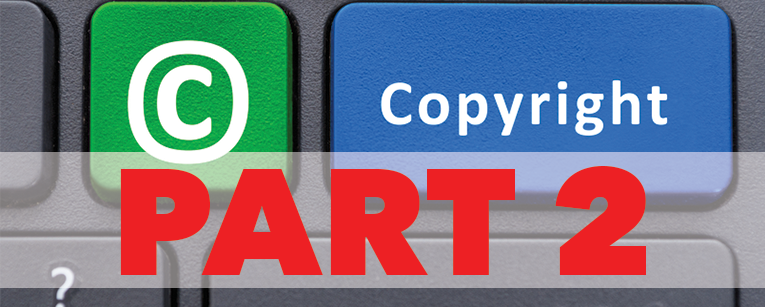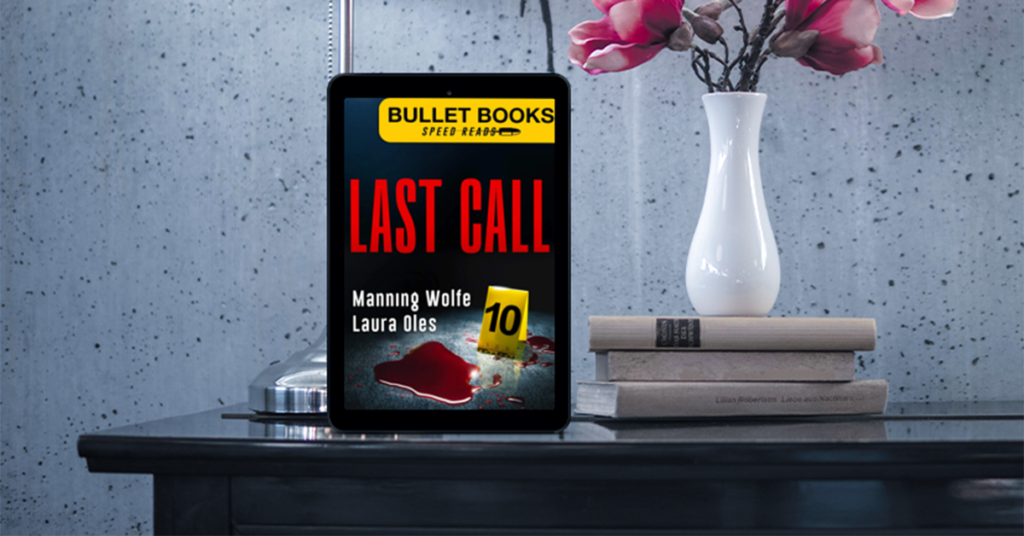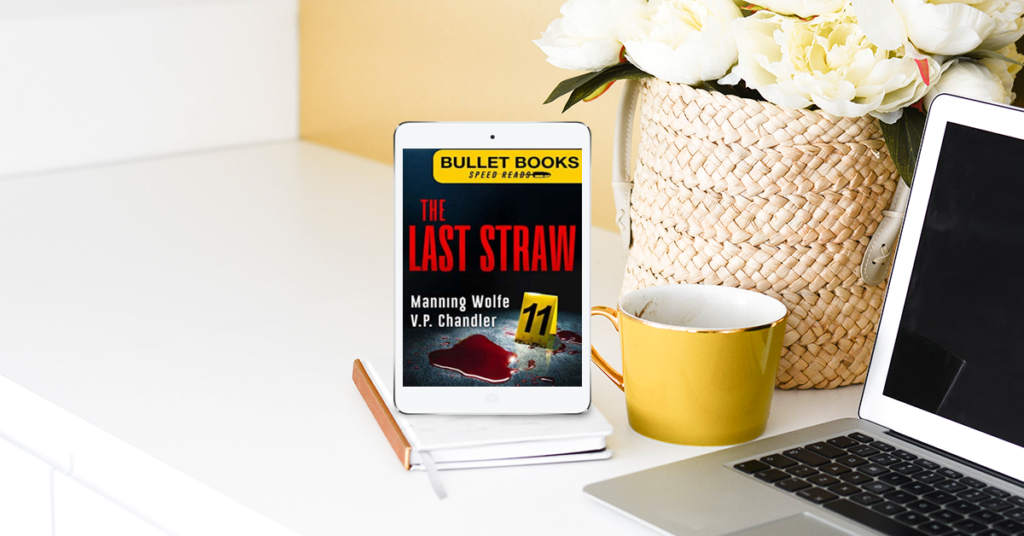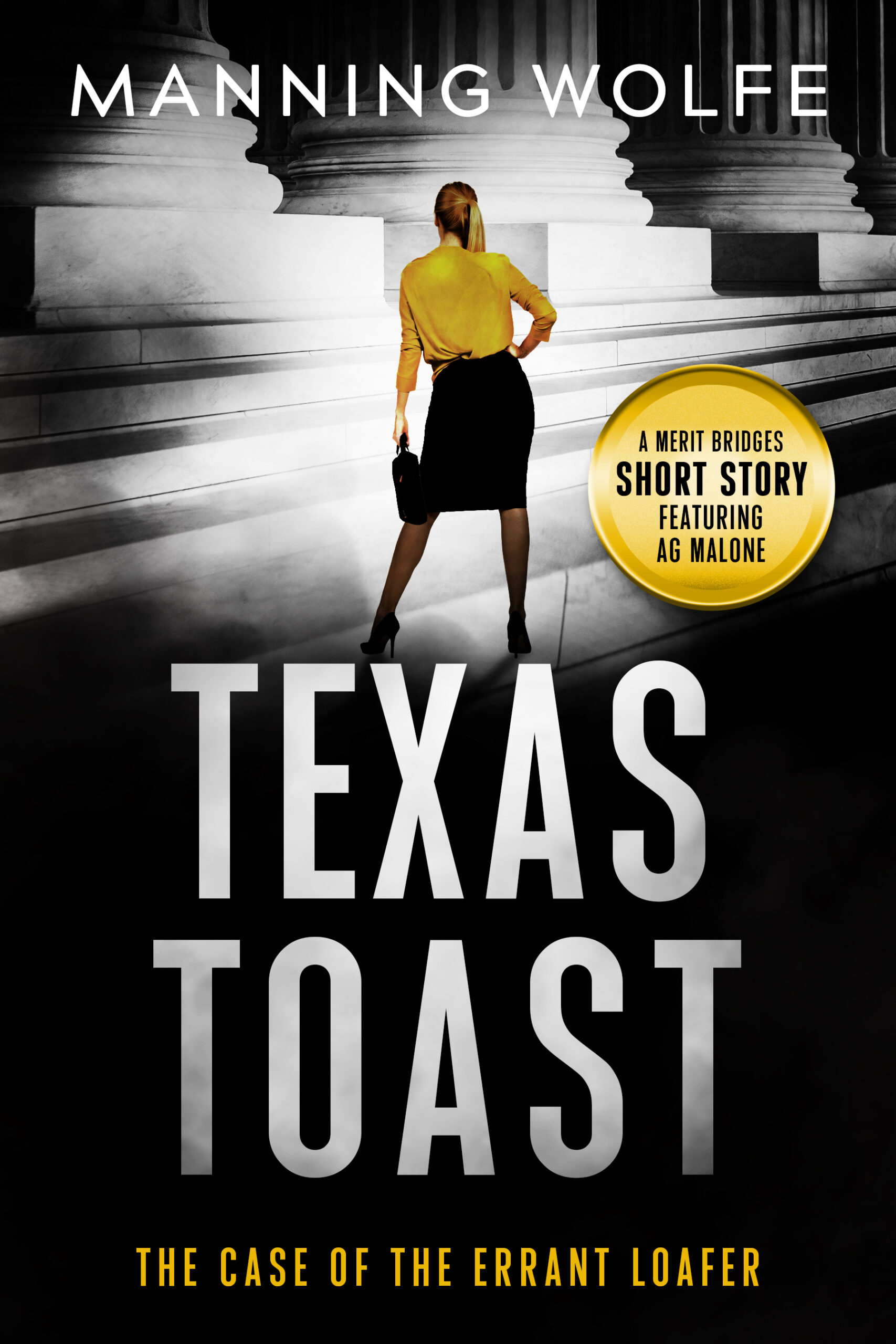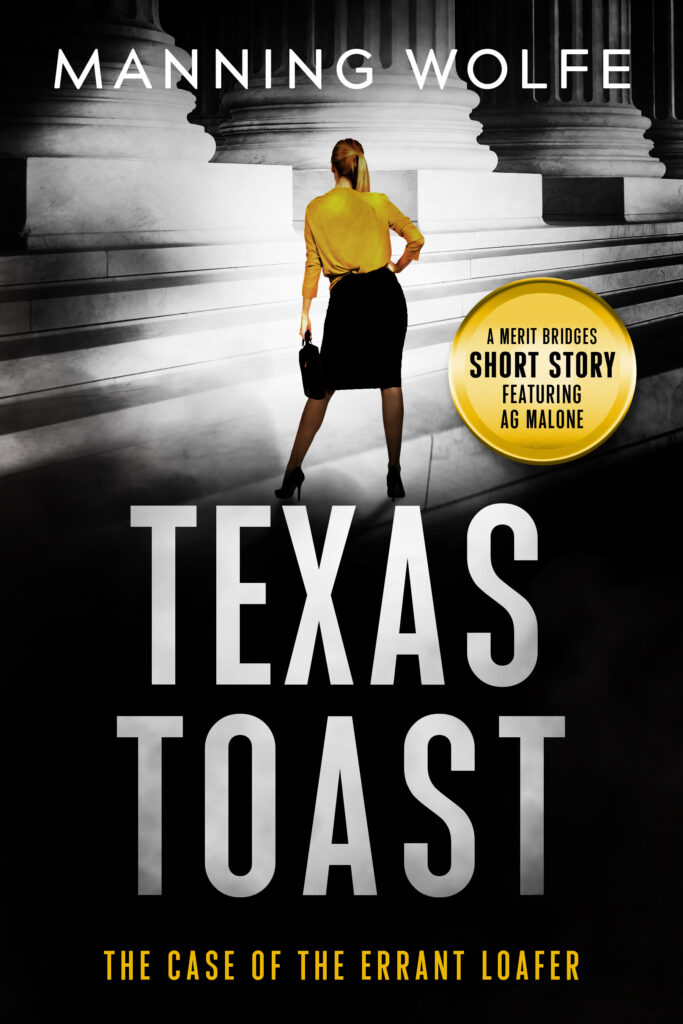After last week’s blog wherein I discussed the pirating of books online, I received a number of questions about how an author copyrights their book. A copyright attaches to a book or other creative work at the moment it is created. That said, it is not always easy to prove the creator or the date – that’s where registration comes in.
A copyright is registered with the United States Copyright Office: http://www.copyright.gov
Whether self-published, independently published, or traditionally published, it is important that a writer mark an official date in time claiming ownership of their creative property. The date of registration is used as proof in the event of theft called infringement.
To get the full benefit of all the provisions of copyright law – including statutory damages and attorney’s fees, in the event of a lawsuit for copyright infringement – a book should be registered for copyright within ninety days of publication.
I registered Dollar Signs over a year before it was complete and ready for publication. It was about the time that I began to circulate the book to editors and fellow authors, and anticipated sending it to Beta Readers. At about $35 per book, it is good money well spent.
With regard to traditionally published manuscripts, according to Writer’s Digest:
“Typically, most contracts provide that upon publication the publisher will register the book for copyright in the name of the author. All this means is that the publisher will fill in the copyright registration form and pay the fee (currently $35–50, depending on how the information is submitted) to register the book for copyright.”
While it may be appropriate for a traditional publisher to register the final manuscript as published, in an abundance of caution, I recommend registration when the book is in a substantially completed draft form and prior to circulation. There is nothing to prevent further registration after the book is finalized.
I’m often asked, when giving my Legal Issues for Authors presentation, whether mailing the manuscript to yourself, and not opening the postmarked envelope, establishes a copyright. This is often called the “poor man’s copyright”. While there’s no harm in using this method, it does not provide the statutory protections listed above, nor does it provide much more than the automatic copyright that attaches at creation.
A tutorial on the U.S. Copyright website is available that walks the registrant through the process and makes it virtually foolproof: http://www.copyright.gov/eco/eco-tutorial-standard.pdf

